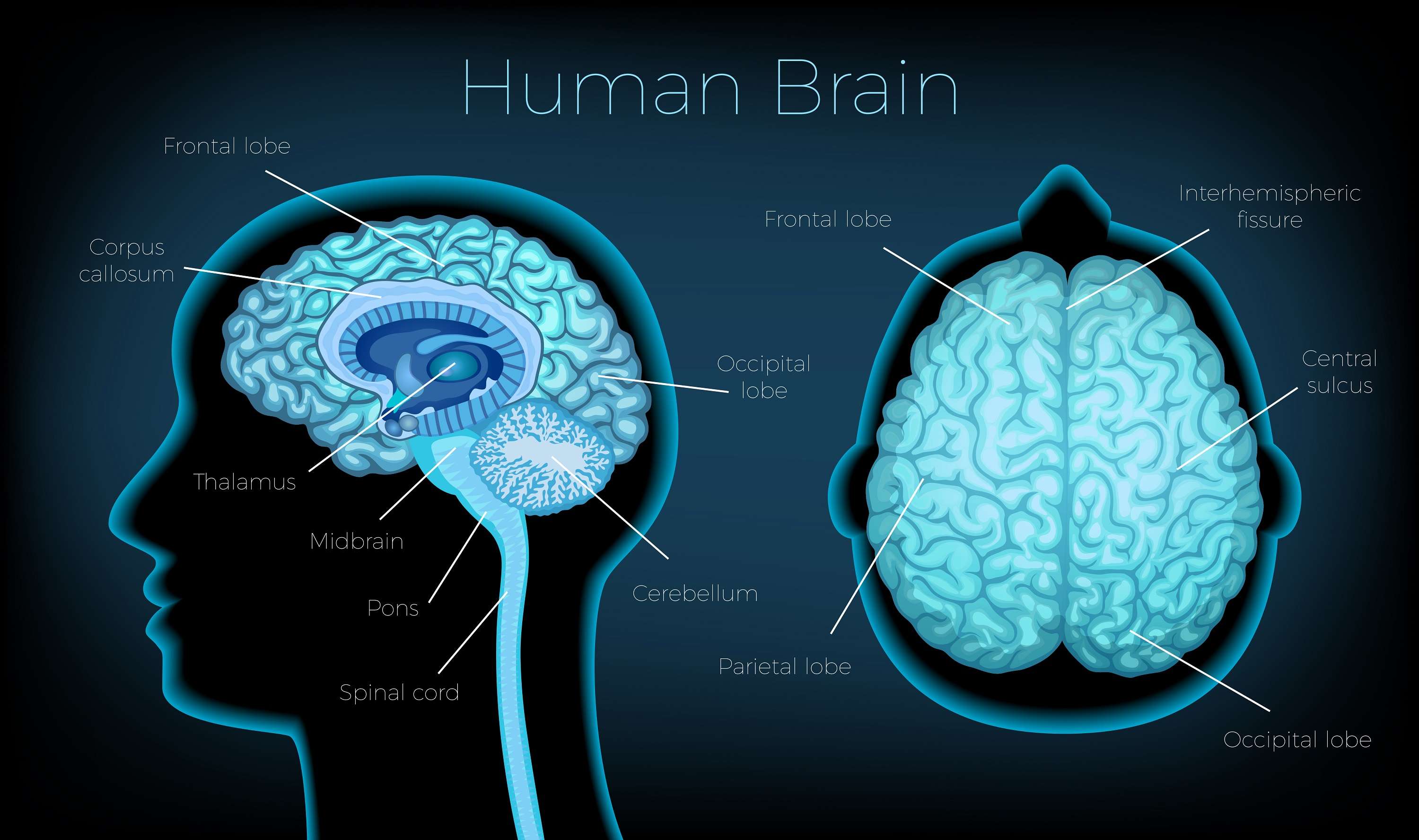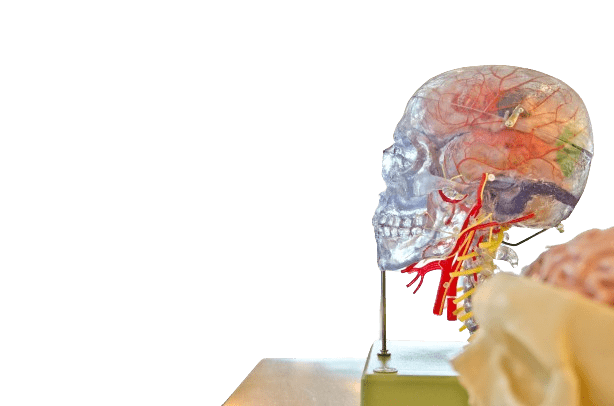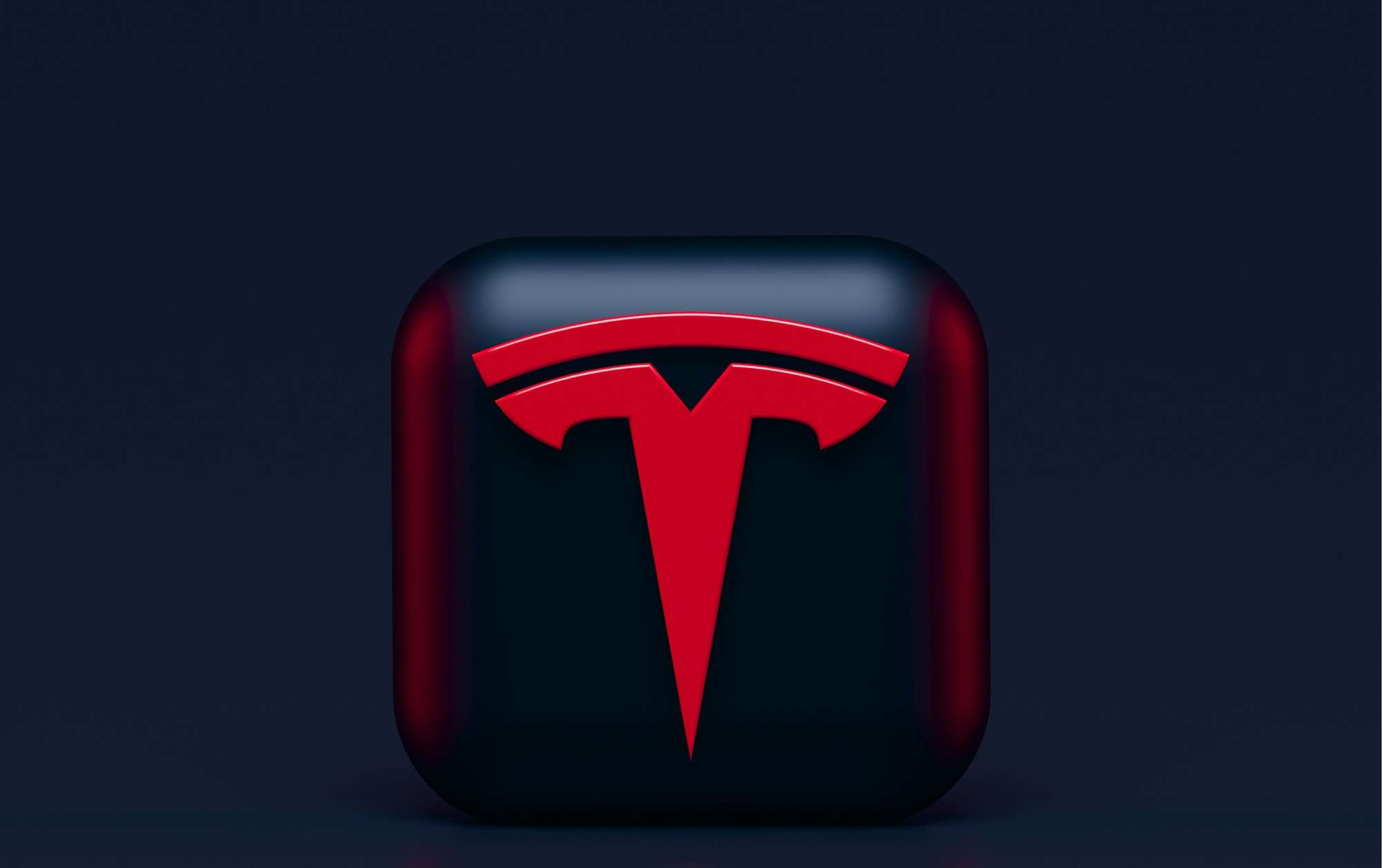- 1 February 2024
- No Comment
- 1137
Elon Musk’s Neuralink: Implanted its First Chip in Human Brain

In a groundbreaking move, business tycoon Elon Musk’s startup, Neuralink, has successfully placed its wireless brain chip into a human for the first time, a year after receiving the green light for testing.
Elon Musk himself shared the exciting news that the patient who received the implant is on the road to recovery. This innovative device holds promise for various uses, such as restoring motor functions and creating a direct connection between the brain and computers.
While Musk envisions Neuralink as the future of both technology and medicine, it’s essential to address ethical concerns surrounding the chip and its testing, as not everyone is fully on board with this cutting-edge development.
What is Neuralink?
Neuralink, a brain-chip startup founded by Elon Musk in 2016, is making waves in technology with its groundbreaking innovations.
Imagine a device, about the size of a coin, surgically placed in the skull. This gadget connects to the brain through ultra-thin wires, forming what’s called a brain-computer interface (BCI).
The magic happens when this small disk registers brain activity and effortlessly sends it to a nearby device, like a smartphone, using regular Bluetooth technology.
Neuralink’s debut product, charmingly named Telepathy, has a fascinating purpose – it allows individuals to control their phones or computers simply by thinking.
Musk envisions a future where this technology can be a game-changer for those facing neurological disorders. By implanting the chip in the part of the brain responsible for motor functions, Neuralink aims to empower people who have lost the use of their limbs.
In Musk’s words, the initial users of this remarkable technology would be those seeking to regain control over their lives after experiencing limb loss.
Elon Musk envisions a future where individuals, like the renowned Stephen Hawking, could communicate at a pace surpassing even the swiftest typists or auctioneers. Telepathy holds the promise of revolutionizing communication by harnessing the power of the mind.
Human Trials: A Crucial Phase for Neuralink
As Neuralink enters the phase of human trials, it marks a pivotal step in understanding the safety and effectiveness of its revolutionary brain-chip technology.
Elon Musk expressed optimism, stating that the initial results showcase promising detection of neuron spikes.
In simpler terms, this means that the brain’s nerve cells are communicating through electrical and chemical signals – a natural process crucial for our everyday activities, such as eating and talking.
Back in September, when Neuralink began its search for trial participants, the focus was on individuals dealing with spinal cord diseases, a critical component of our nervous system.
The approval from the US Food and Drug Administration in May 2023 to conduct human trials came after thorough federal investigations into the safety of Neuralink’s earlier experiments on animals.
This phase of human trials not only aims to collect valuable data but also plays a vital role in refining and enhancing the device based on the insights gained from real-life testing.
Past Experiments: From Monkeys to Pigs
Before venturing into human trials, Neuralink conducted extensive testing on animals, particularly monkeys and pigs.
In intriguing demonstrations, Neuralink showcased monkeys engaging in basic video games and controlling a cursor on a screen using their Neuralink implants. While the company assures that no monkeys have lost their lives due to the implants, there have been reported challenges.
Some monkeys experienced issues like paralysis, seizures, and swelling of the brain connected to the implanted devices.
These findings from animal testing have prompted careful considerations and adjustments to ensure the safety and effectiveness of the technology as it progresses to the human testing phase.
Beyond Neuralink: Exploring the Landscape of Brain-Computer Interface Trials
The field of brain-computer interface (BCI) is bustling with innovation, with around 40 ongoing trials recorded in the United States’ clinical trial database.
Notably, an Australia-based company called Synchron made waves by successfully implanting its device in a US patient in July 2022. What sets Synchron apart is its unique approach—their implantation process doesn’t require cutting into the skull, offering a less invasive alternative.
While several trials are directed toward addressing medical needs, Elon Musk’s Neuralink stands out by aiming for something more extraordinary.
Beyond medical applications, Neuralink envisions a future where people can seamlessly control their smartphones and devices with just their thoughts, pushing the boundaries of what brain-computer interfaces can achieve.
The diverse range of companies engaged in BCI trials reflects the collective effort to unlock the full potential of these technologies, each with its own approach and vision.
Ethical Dilemmas: Scrutinizing Neuralink’s Path
As Neuralink propels forward with its groundbreaking brain-chip technology, ethical concerns have surfaced, prompting experts to scrutinize the experimental processes, especially on animals.
The testing phase on animals has raised eyebrows, with reported issues like paralysis, seizures, and brain swelling, sparking debates about the ethical treatment of research subjects.
The very nature of brain surgery, a crucial aspect of Neuralink’s procedures, brings its own set of worries.
The potential risks, including brain hemorrhage and seizures, have become focal points for ethical discussions.
Elon Musk’s grand vision of widespread brain implants also sparks privacy and surveillance apprehensions among experts. The lack of clarity surrounding users’ control over their personal data and neural activity raises red flags.
The balance between technological advancement and safeguarding individual privacy remains a crucial ethical consideration.
Adding to the ethical scrutiny, the US Department of Transportation took action earlier this year, fining Neuralink for failing to register as a transporter of hazardous material—specifically, implants from primate brains.
This incident underscores the regulatory challenges associated with pushing the boundaries of neurotechnology.
In navigating these ethical dilemmas, Neuralink faces not only technical but also societal and regulatory challenges that will shape the future of brain-chip technology.
Musk’s Ambitious Goals
With the recent revelation about Neuralink’s successful implantation in a human, Elon Musk’s lofty goals seem to inch closer to reality.
One of his grand ambitions involves restoring eyesight to the blind and providing mobility to those with disabilities. While these goals may seem audacious, the strides made by Neuralink in human trials signify tangible progress.
The prospect of a brain-computer interface that can decode thoughts related to motion opens doors to transformative possibilities in the realm of accessibility and neurotechnology.
Elon Musk has also delved into the realm of artificial intelligence (AI) merging, a concept that borders on the fantastical. The idea of seamlessly intertwining the human mind with AI presents a myriad of ethical and existential questions.
While Neuralink’s recent achievements mark significant steps, the realization of Musk’s wild AI-merging scenario remains on the horizon of speculative exploration.
As Neuralink continues its journey through human trials and refines its technology, we find ourselves at the intersection of scientific progress and futuristic dreams. The road ahead holds the promise of addressing profound challenges and pushing the boundaries of what we thought possible.



